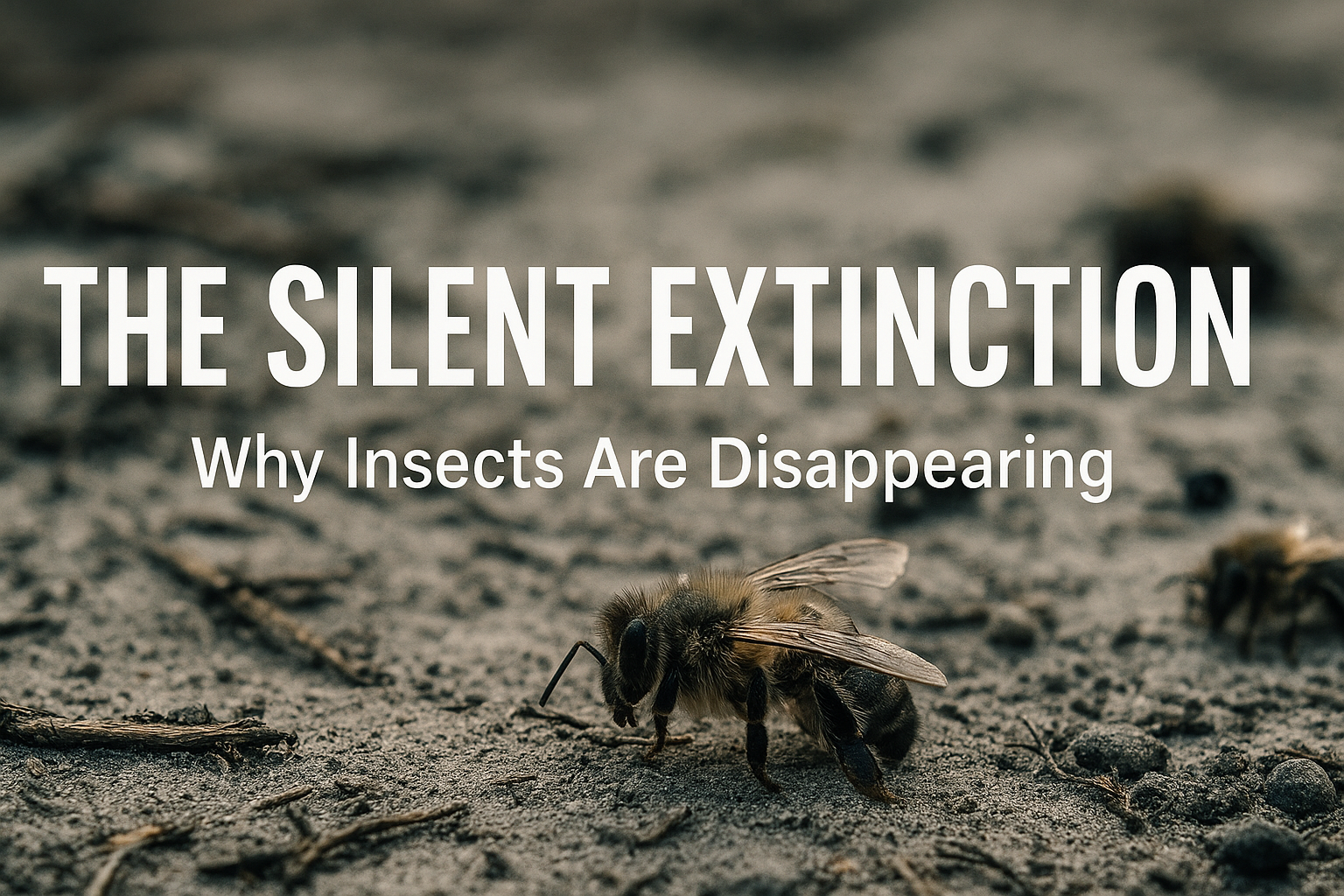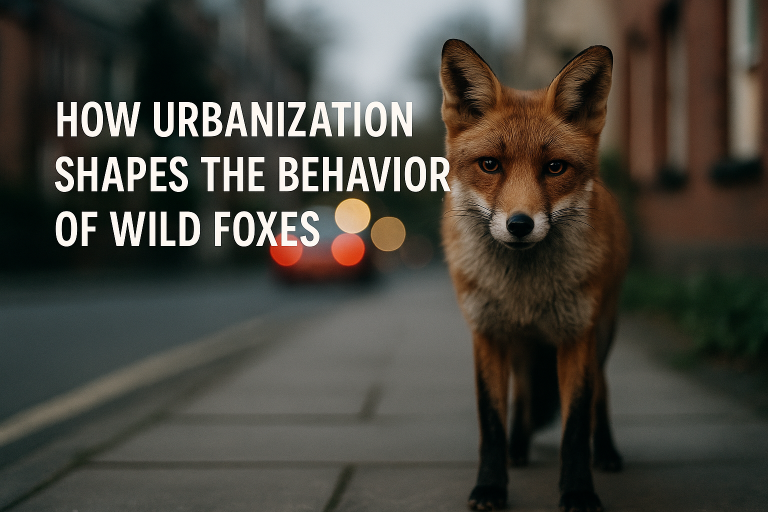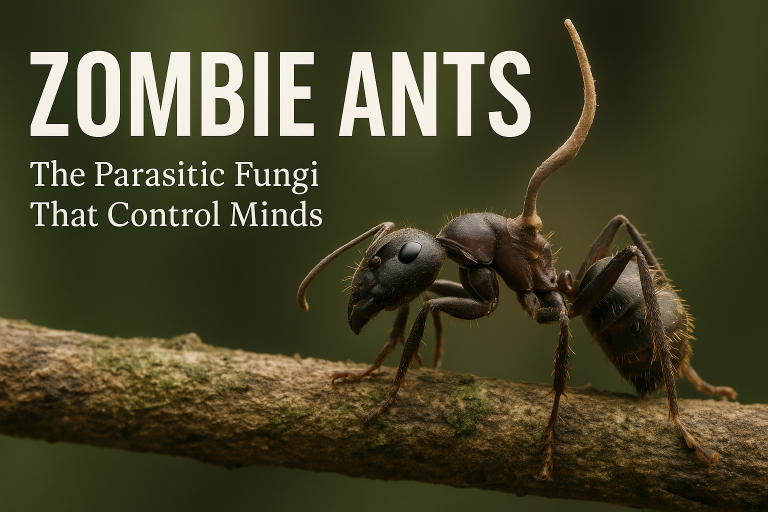Recent studies reveal a 45% decline in global insect populations over the past four decades. Some regions, like Germany’s nature reserves, have lost 75% of flying insects since 1989.
Key Findings on Insect Loss:
-
Butterflies & Bees: Down by 50% in farmed areas (Science, 2020).
-
Dung Beetles: Declining due to fewer grazing mammals.
-
Freshwater Insects: 30% drop from pesticide runoff.
This isn’t just about losing bugs—it’s about ecosystem collapse.
2. The Main Culprits: Why Are Insects Dying?
A. Pesticides: A Chemical Apocalypse
Neonicotinoids, the world’s most used insecticides, disorient bees, impair reproduction, and weaken immune systems. Even low doses accumulate in soil and water, poisoning insects for years.
Case Study: France banned neonicotinoids in 2018—bee populations rebounded by 22% in three years.
B. Habitat Destruction: No Home, No Hope
-
Deforestation: 10 million hectares lost yearly (WWF).
-
Urban Sprawl: Pavement replaces pollinator-friendly plants.
-
Monoculture Farming: Vast fields of single crops lack biodiversity.
C. Climate Change: Too Hot, Too Dry, Too Late
-
Shifting Seasons: Flowers bloom before pollinators emerge.
-
Extreme Weather: Droughts kill soil-dwelling insects.
-
Ocean Acidification: Crustaceans (key food sources) struggle to form shells.
D. Light Pollution: A Deadly Distraction
Artificial light disrupts nocturnal insects, causing fatal exhaustion. Moths circling streetlights lose energy needed for mating and migration.
3. The Domino Effect: What Happens If Insects Vanish?
A. Food Chain Collapse
-
Birds: Swallows, which eat flying insects, declined by 30% in Europe.
-
Fish: Salmon rely on aquatic insects; fewer bugs mean smaller fish stocks.
B. Agricultural Disaster
-
75% of crops depend on pollinators. No bees = staggering food shortages.
-
Coffee, chocolate, and almonds could become luxury items.
C. Waste Piles Up
Dung beetles and decomposers recycle waste. Without them, manure and dead plants accumulate, spreading disease.
4. Can We Save the Insects? Solutions That Work
A. Ban the Worst Pesticides
-
EU restrictions on neonicotinoids helped bee recoveries.
-
Organic farming increases insect diversity by 50%.
B. Rewilding: Bring Nature Back
-
Plant native flowers: Even small gardens help pollinators.
-
Insect hotels: Provide nesting sites for solitary bees.
C. Reduce Light Pollution
-
Motion-sensor streetlights: Cut unnecessary exposure.
-
Red-spectrum bulbs: Less disruptive to nocturnal species.
D. Citizen Science: Everyone Can Help
-
Bug counts: Apps like iNaturalist track insect populations.
-
Leave “wild corners”: Untamed garden patches shelter beetles and spiders.
Conclusion: The Time to Act Is Now
Insects are slipping away silently, but the consequences will be deafening. From collapsing food systems to unchecked waste, humanity cannot afford to ignore their decline.
The solution? Reduce pesticides, restore habitats, and rethink how we share the planet with Earth’s smallest—and most vital—creatures.




Leave a Comment